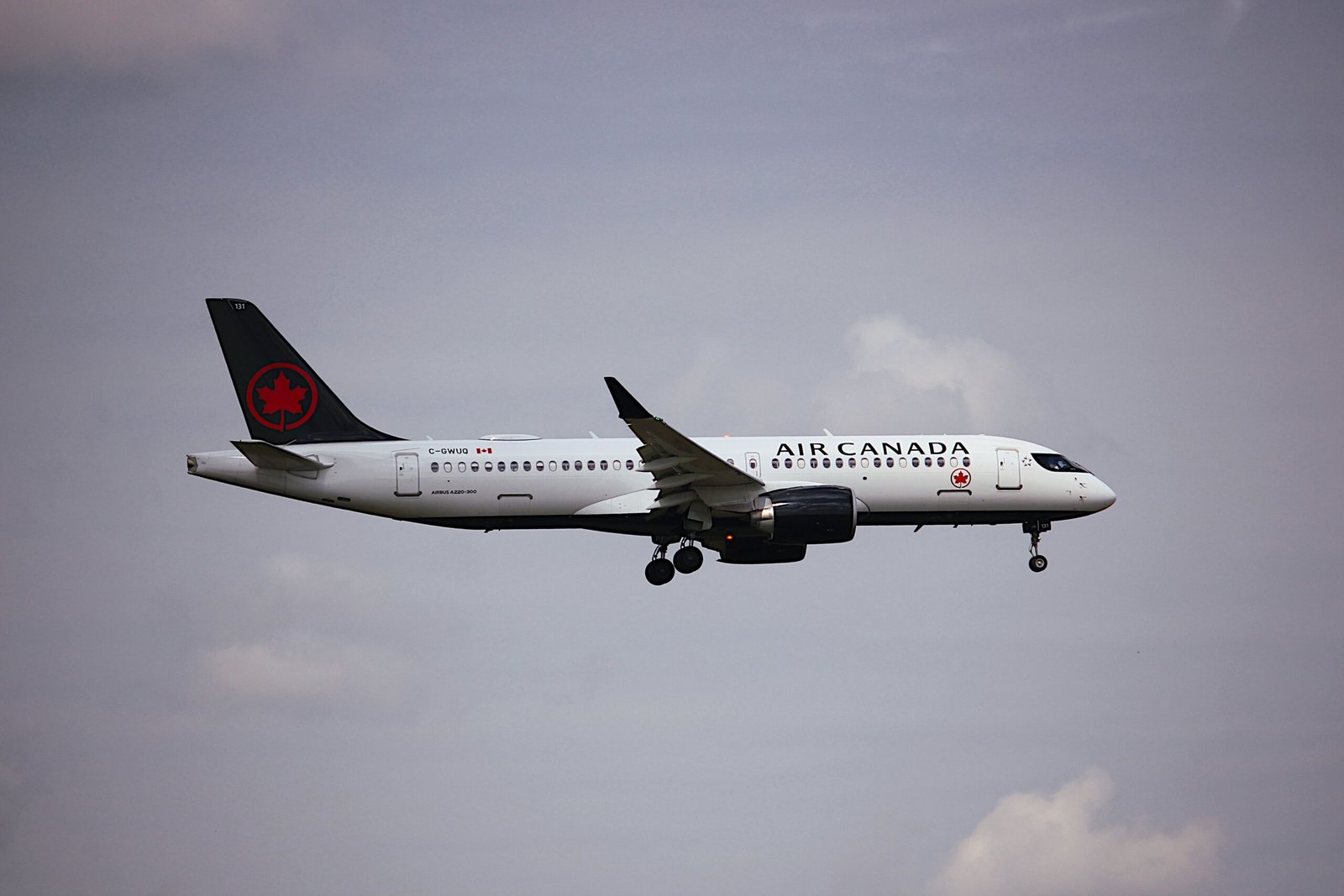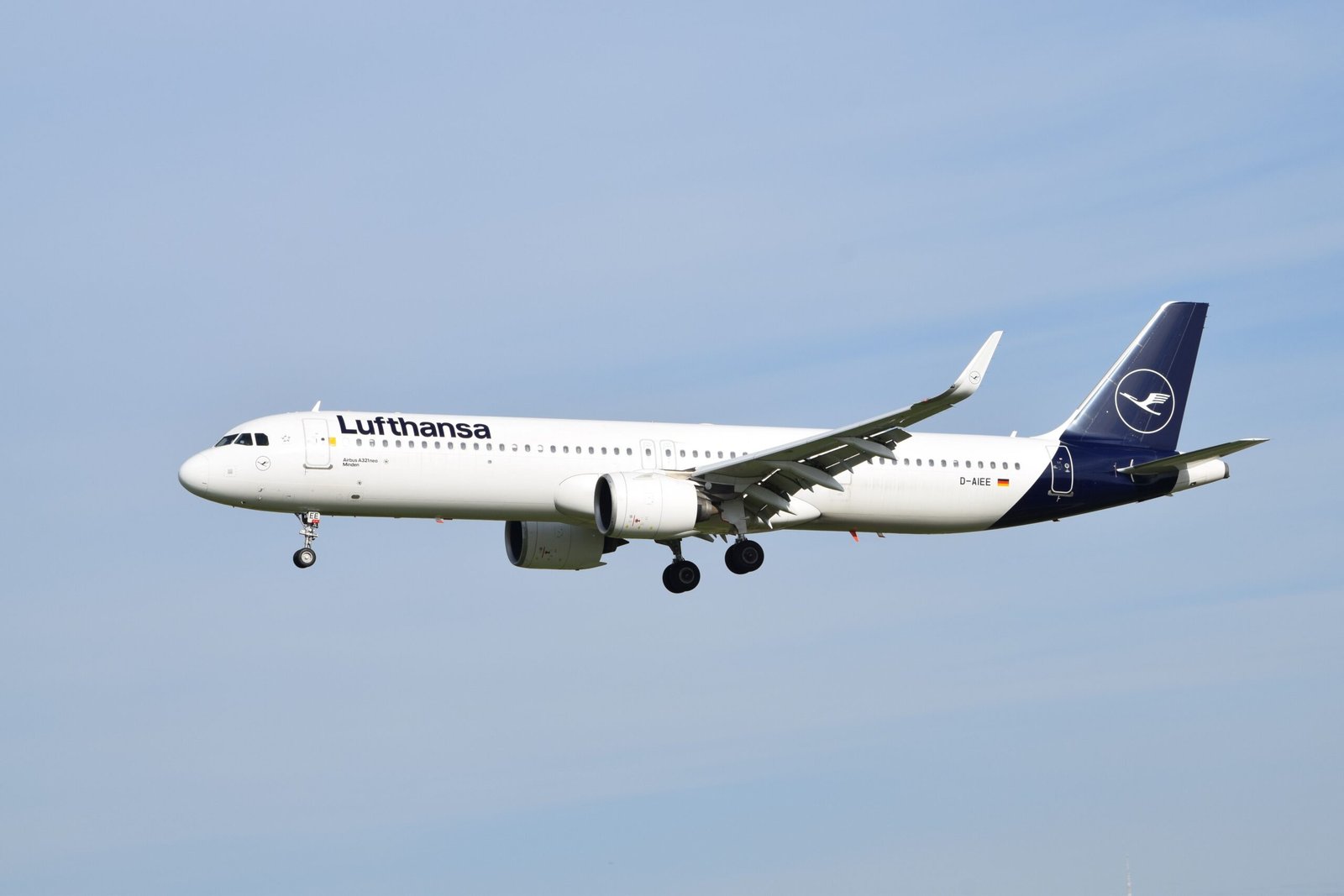Incapacitated Captain Forces Air Canada Flight Back To Montreal
On May 12th, an Air Canada Airbus A220-300 operating a flight bound for Texas was forced to turn back to Montreal after the captain became medically incapacitated mid-flight, as reported by The Aviation Herald. The aircraft was cruising over Pennsylvania when another qualified company pilot onboard assumed command.
The flight returned safely to Montreal–Trudeau International Airport, and the crew followed established safety protocols and coordinated a return to Montreal shortly after the situation developed. The Transportation Safety Board of Canada (TSB) has confirmed the incident and noted that the change in command occurred during the cruise.
The Captain Became Incapacitated Mid-Flight
Air Canada flight AC1051, operated by an Airbus A220-300 registered C-GNAM, was conducting a regular scheduled service from Montreal–Trudeau International Airport (YUL) to Austin-Bergstrom International Airport (AUS) with 82 people on board. According to data from Flightradar24, the aircraft departed Montreal at approximately 17:09 local time and was scheduled to arrive in Austin at 20:19.
The flight was cruising at FL360 over Pennsylvania around 18:04 when the captain became medically incapacitated and could not continue duties. A qualified company pilot who was onboard assumed command of the aircraft, and the crew initiated a diversion and returned to Montreal, landing safely after approximately 105 minutes in the air. After departing Montreal again, the aircraft eventually reached Austin 4.5 hours behind schedule. In a statement, the TSB confirmed that:
“In cruise, the captain became ill and was unable to continue [duties]. A company A220 pilot was onboard the flight and commenced the flight duties. The crew decided to return to CYUL without further incident.”
How Airlines Prepare For Such Medical Emergencies

Pilotincapacitation refers to any medical or cognitive condition that prevents a pilot from continuing flight operations. This can include sudden events such as loss of consciousness or stroke, as well as more gradual or partial impairments like dizziness, fatigue, or disorientation. Such occurrences remain extremely rare in commercial aviation.
Studies from global regulatory bodies like EASA suggest that complete incapacitation occurs at a rate of up to 0.45 times per 10 million flight hours. When it does occur, established international protocols require the non-affected pilot to assume full control and prioritize either continuing the flight or diverting to the nearest suitable airport. Carriers such as Air Canada train for these scenarios regularly in simulators as part of mandatory recurrent training.
In flights where a third company pilot is present, whether deadheading, jump-seating, or traveling as crew, that individual may assist in command if fully qualified on the type. In this case, the presence of another Airbus A220-certified pilot ensured that flight safety was maintained without disruption to cockpit control or communications.
Recent Pilot Incapacitation Incidents On Other Flights

There have been several recorded incidents of pilot incapacitation in recent years. One of the most serious cases occurred in February 2024, involving a Lufthansa Airbus A321 operating flight LH1140 from Frankfurt to Seville with 205 people onboard. While cruising, the first officer became incapacitated while alone in the cockpit as the captain briefly stepped out.
During the episode, the first officer unintentionally manipulated flight controls, although the autopilot remained engaged and the aircraft maintained its course. The captain regained access using the emergency code and diverted to Madrid, where the flight landed safely and remained on the ground for over five hours before continuing to Seville.
In addition, a ![]() United Airlines Boeing 777-200 (registration N797UA) operating flight UA194 from San Francisco to Munich diverted to Washington Dulles after the first officer displayed symptoms of food poisoning mid-flight. Another United flight, UA71 from Amsterdam to Newark on a Boeing 777-200 (registration N78005), diverted to Dublin in April after a third pilot on board experienced chest pain while the aircraft was over the North Atlantic.
United Airlines Boeing 777-200 (registration N797UA) operating flight UA194 from San Francisco to Munich diverted to Washington Dulles after the first officer displayed symptoms of food poisoning mid-flight. Another United flight, UA71 from Amsterdam to Newark on a Boeing 777-200 (registration N78005), diverted to Dublin in April after a third pilot on board experienced chest pain while the aircraft was over the North Atlantic.
Also in April, a Ryanair Boeing 737-800 (registration EI-EKK) operating flight FR4038 from Dublin to Milan Bergamo experienced a cockpit emergency during descent. The captain became unwell and was incapacitated, prompting the first officer to assume control. The aircraft remained grounded overnight and returned to service the following day.